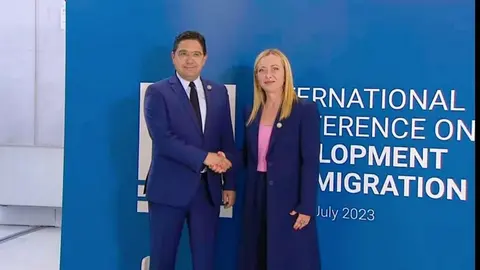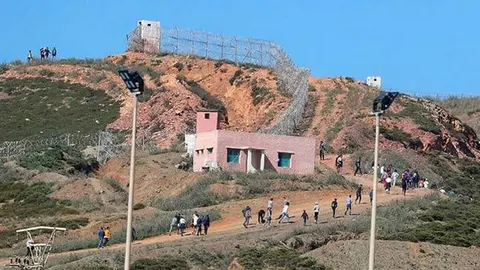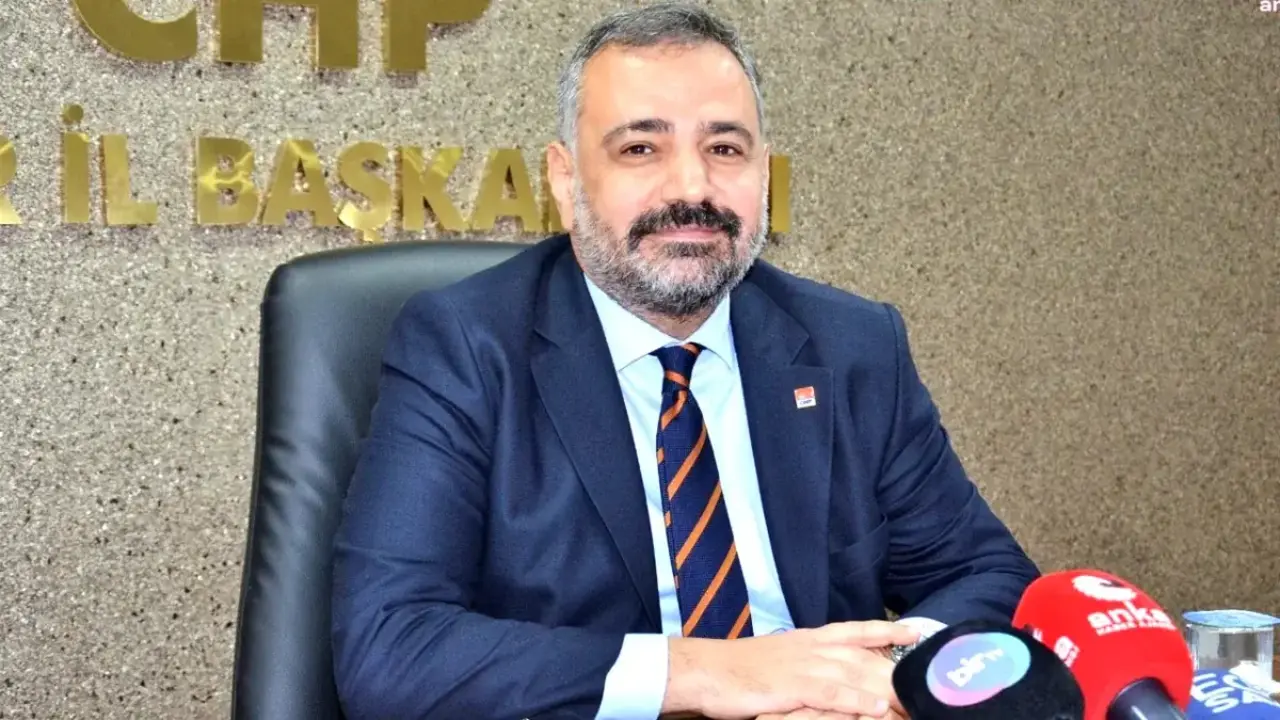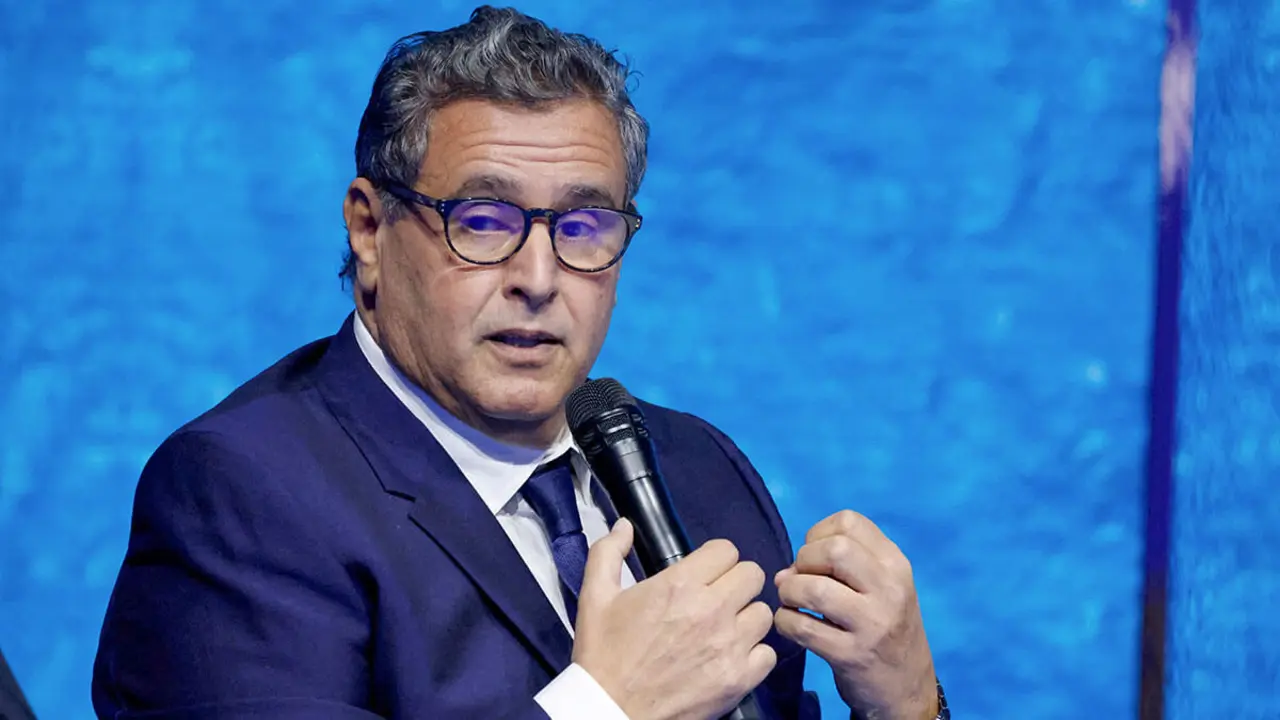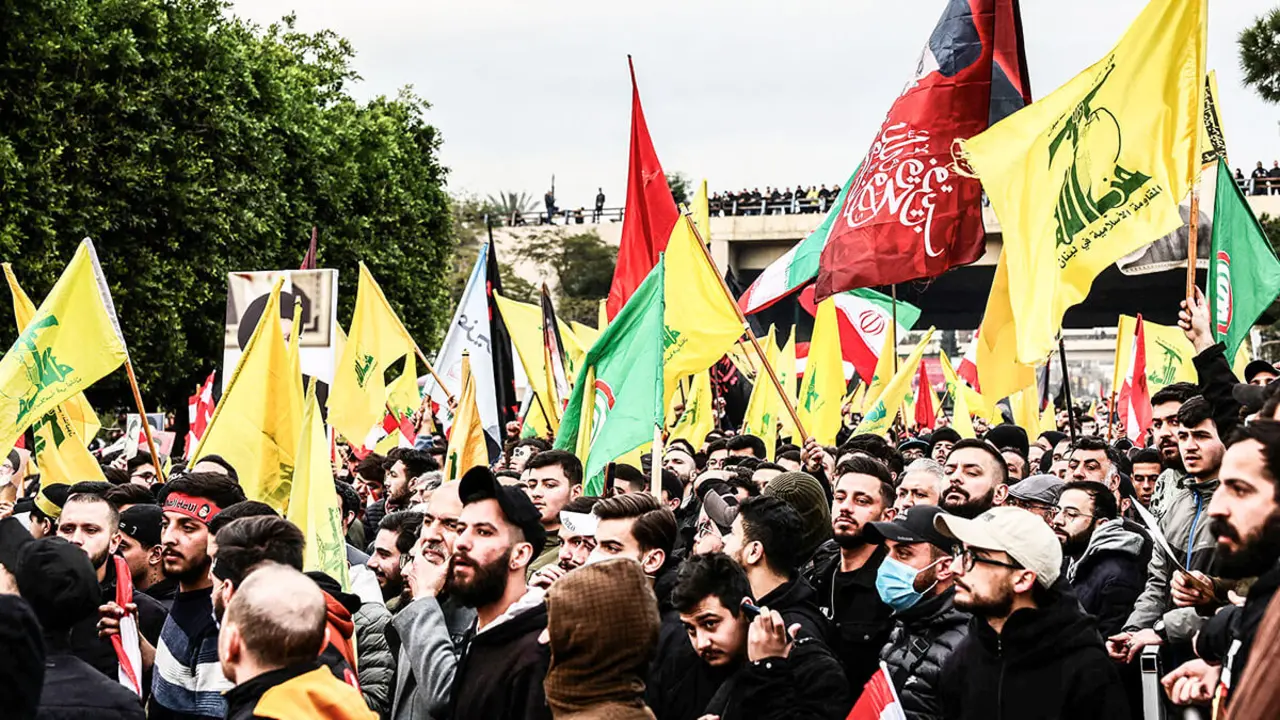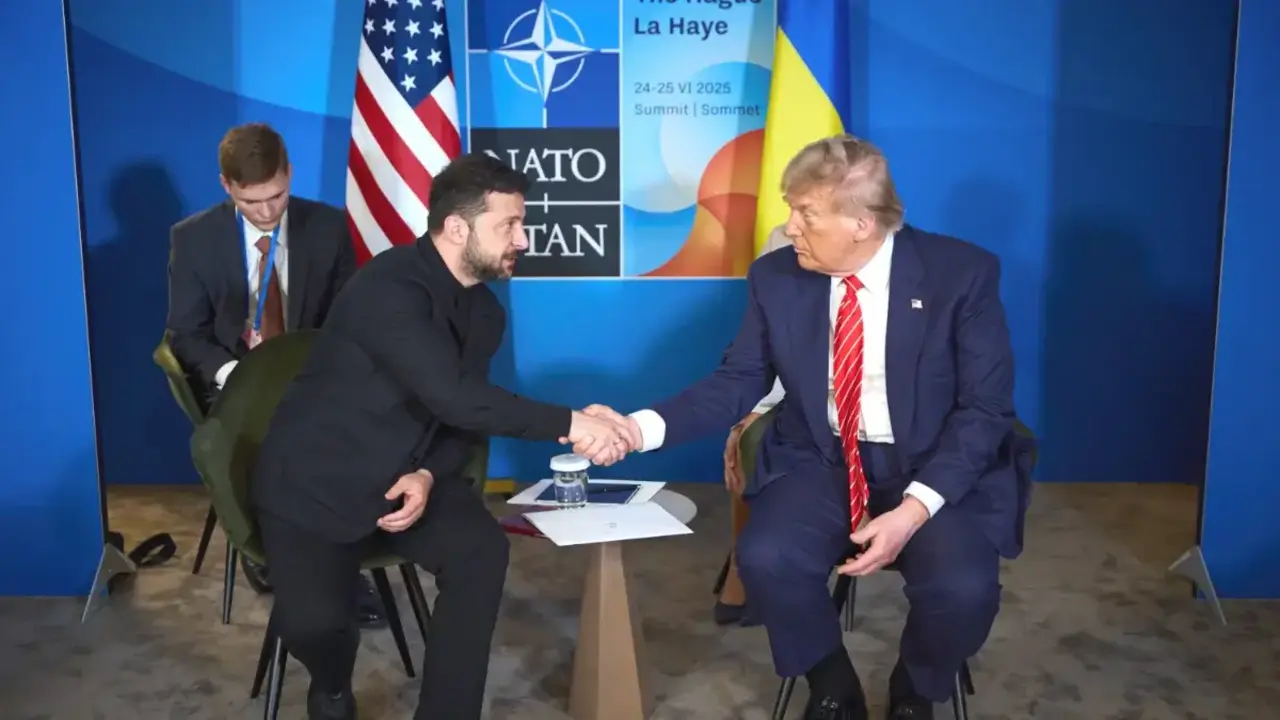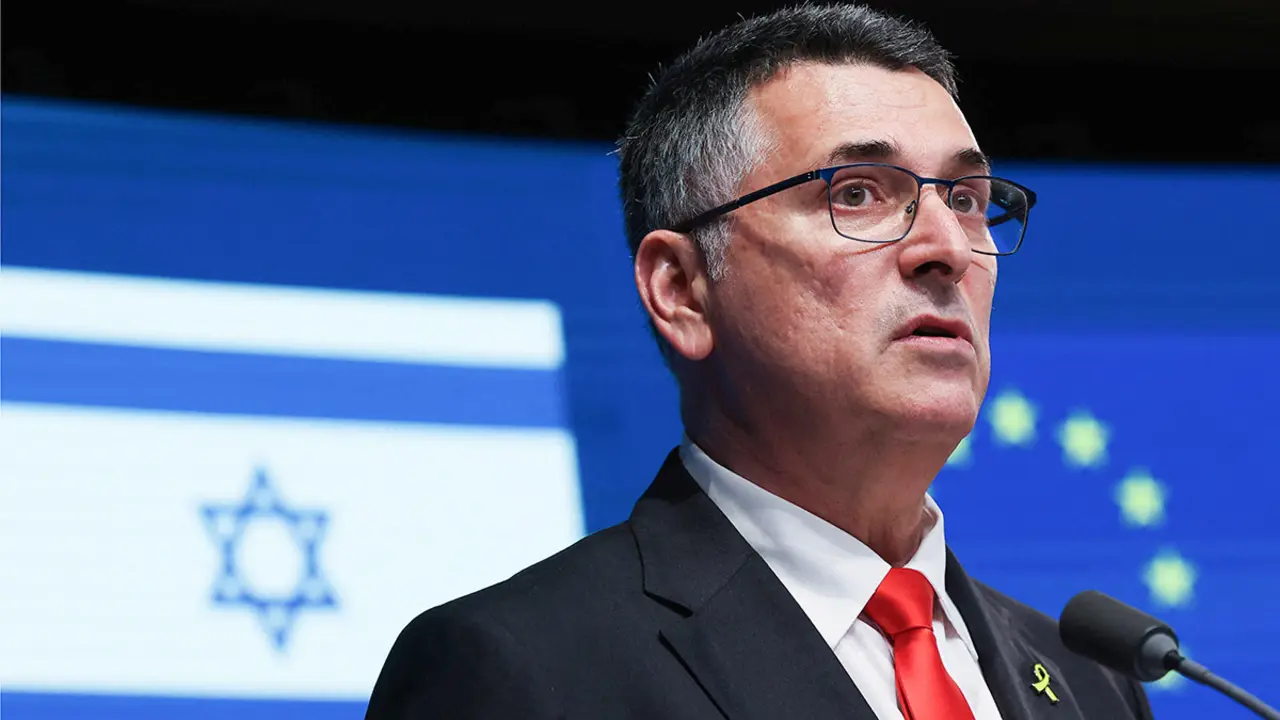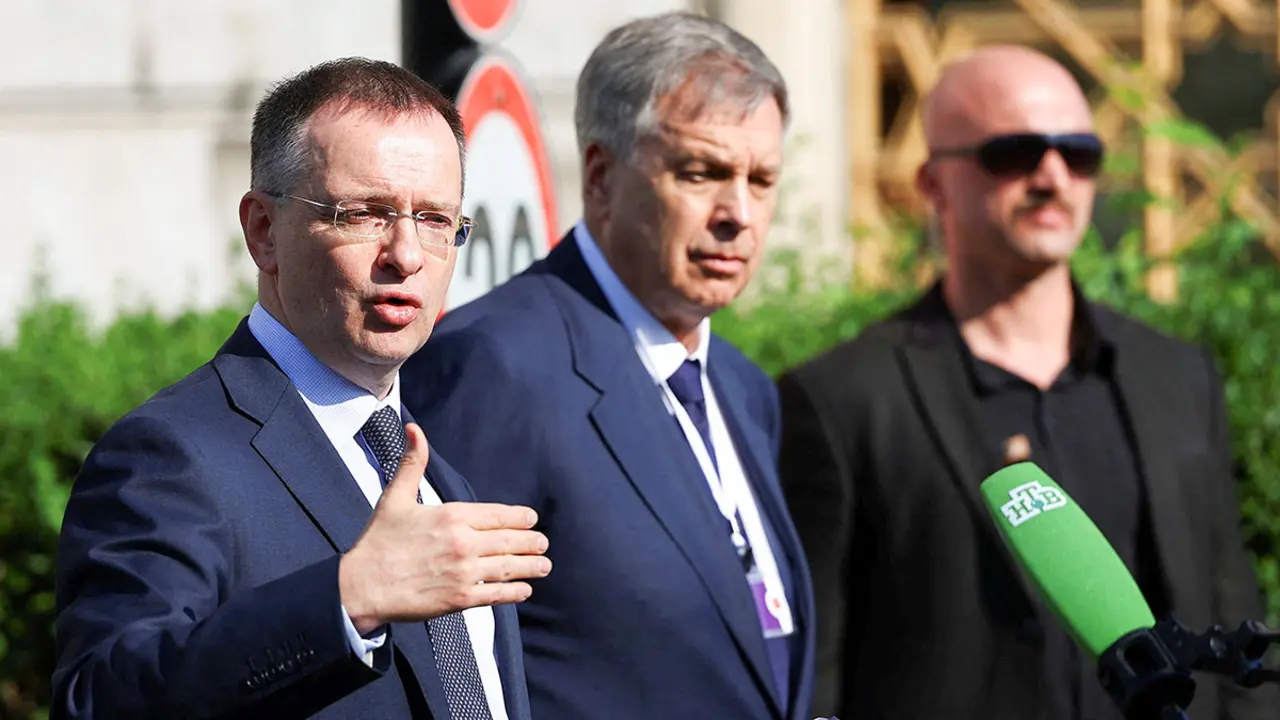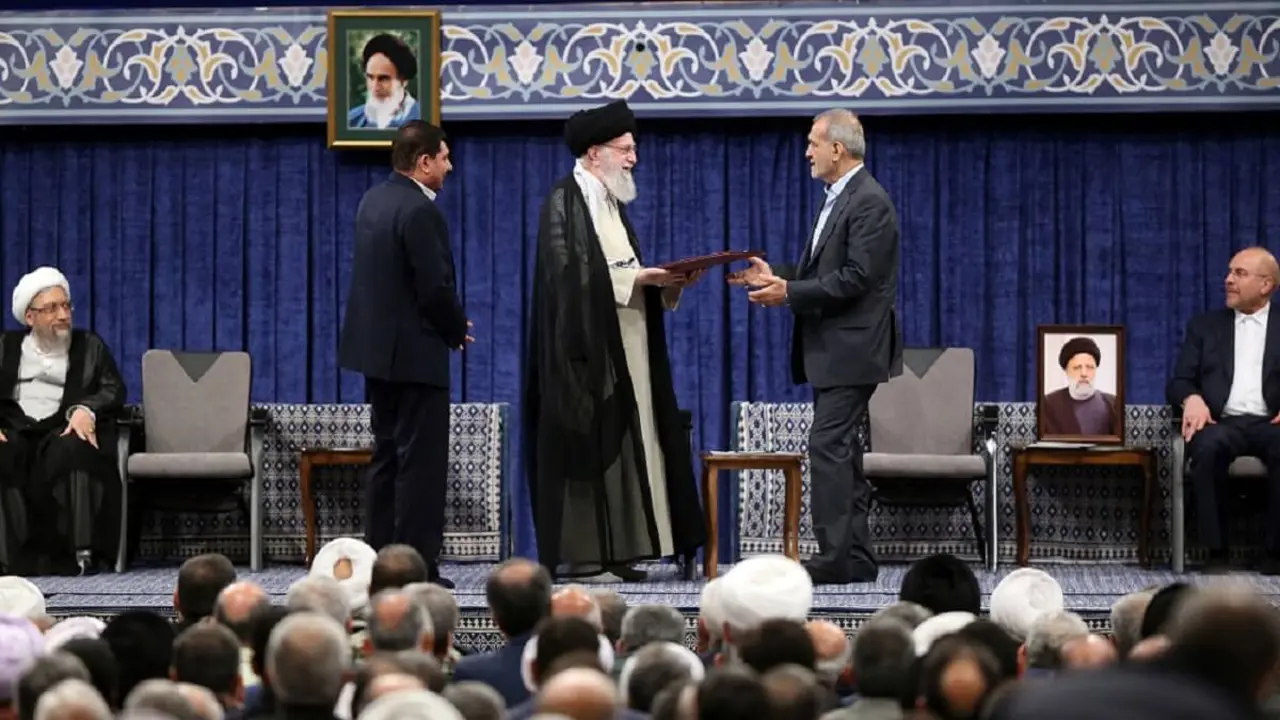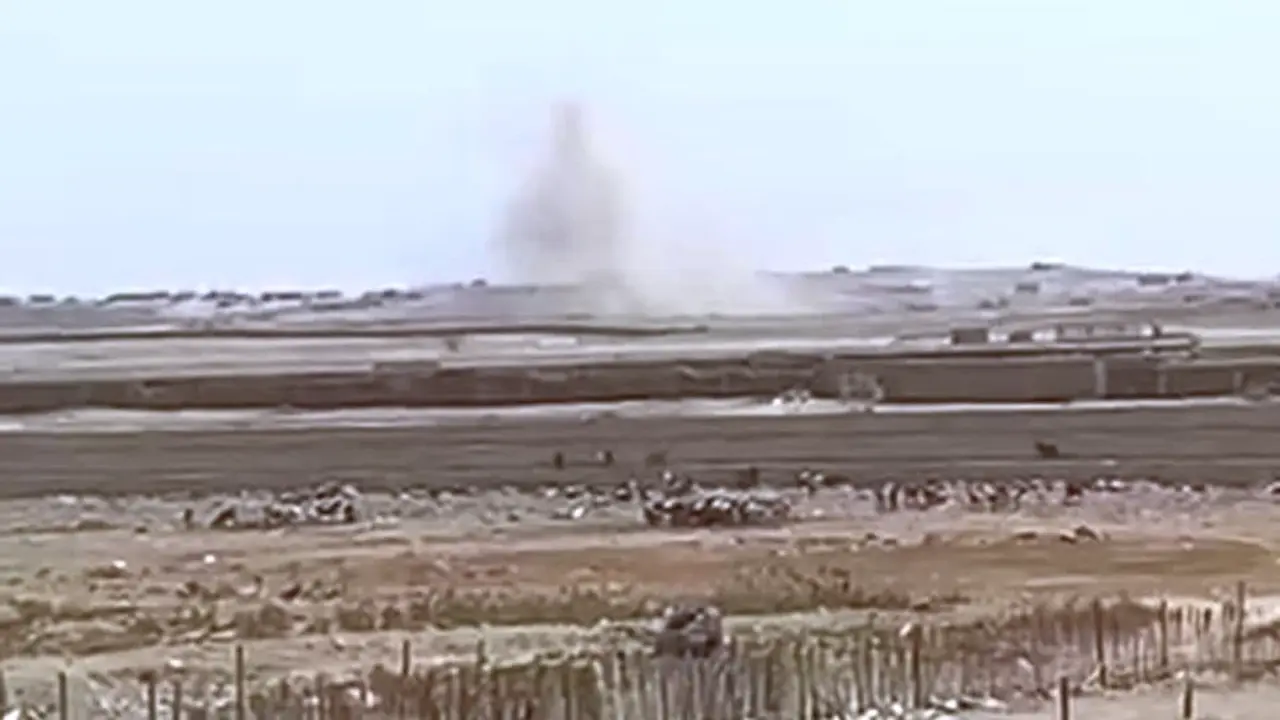Italy and Albania outsource asylum procedure

"This debt cannot be paid. If Italy calls, Albania is there", these were the words with which Albanian Prime Minister Edi Rama began his speech in Rome on Monday. The debt Rama was referring to was the exodus of Albanians to Italy in 1991; Albania was facing a serious economic crisis classified as a humanitarian crisis that led more than 20,000 people to disembark in the port of Brindisi, in Puglia.
These words were the prologue to the announcement that Albania would create detention centres for people rescued at sea. A decision that appears to mimic the British government's move to send asylum seekers to Rwanda in 2022.
This announcement comes in response to a plan agreed between the Albanian leader and his Italian counterpart, Georgia Meloni, without prior parliamentary consultation. During the press conference in Rome, the measure was only announced by word of mouth, the text was not published until the following day by the portal Godo.al.
An agreement that is stirring up much controversy locally and internationally. Firstly, it is a bilateral agreement between the two countries that was not consulted with the European Commission. After the announcement of the measure, Brussels declared that it had not been aware of the document until the day before. For its part, the UN Refugee Agency (UNHCR) published a communiqué in which it stated that the organisation "is neither part of nor involved in the agreement between Italy and Albania, announced on Monday. UNHCR has not been informed or consulted on the content of the agreement or its details. We are currently seeking further information from the relevant authorities".

What does the agreement provide for?
The central point of the text involves the creation of two detention centres for people rescued at sea; the first will be in Shengjin, a coastal town in northern Albania, which will act as an identification and first reception centre for asylum seekers; the second will be located in Gjader, in the northwest of the country, and will be where those who are to be repatriated will be sent. These facilities will initially be able to accommodate up to 3,000 people, who "will remain in these centres for the time necessary to be able to quickly conclude the procedures for processing asylum applications and, eventually, for repatriation", said Georgia Meloni, during the press conference in Rome. The Italian leader also stated that she expected that "once fully operational, there could be an annual flow of 36,000 to 39,000 people".
These centres will remain closed, meaning that people will not be able to leave their premises freely while they wait for their applications to be reviewed. In the event that the application is rejected, the individual would be sent to the repatriation centre.
To be more concrete: Article 3 of the protocol states that the Republic of Albania grants permission to the Italian Republic to use "free of charge" parts of its territory to build so-called "migration processing centres".
Articles 4 and 5 of the protocol give Italy the possibility to build structures on Albanian territory without a building permit or other similar formalities normally required by Albanian law. In addition, Italy is exempted from indirect taxes and customs duties. It will be Italian jurisdiction that will apply to these "structures".
The entry of rescued persons into Albanian territorial waters will be carried out exclusively by the Italian authorities. Italy will cover all financial aspects of this operation and the construction of the "structures". This excludes those rescued by NGOs.
The text also says it will take into account vulnerable people: minors, pregnant women and "other vulnerable cases". And it clarifies that people who land on Italian shores will not be transferred to these centres either; only those rescued at sea.
Ignoring the Dublin Agreements
In response to the announcement of these measures, Gresa Hasa, Albanian political expert and founder of the magazine Shota, said that "this agreement not only violates the Geneva Convention, but also violates Albania's national and territorial sovereignty".
The Geneva Convention protects people who suffer the consequences of armed conflict and do not take part in it, and most of the people who decide to migrate to the EU are fleeing from such realities.
On the other hand, the Dublin Agreements establish that the state to which people arrive will be responsible for processing asylum. According to Dublin, "the identification of the country responsible for an asylum application should not lead to transfers to states which do not guarantee a fair and full assessment of the application. Asylum seekers should have the right to remain in the country where they have applied for asylum".
Given this, what Meloni and Rama signed is in direct violation of what was agreed in Dublin. Italy is a signatory to that Convention; Albania is not and those rules do not apply to it. So what the Italian government has done is to outsource asylum procedures. However, as the Albanian expert rightly points out, "Italy is a member state of the EU and as such has obligations and commitments beyond its sovereignty".
For Médecins Sans Frontières, "the migration pact between Italy and Albania represents a new attack on the right to asylum of thousands of people". In a statement, the organisation denounces that "the denial of access to Italian soil, the extraterritorial processing of asylum applications, the application of accelerated border procedures and the detention of people in a third country represent a new attack on the right to asylum".
In addition, the measure does not clarify several issues: none of the countries have readmission agreements with the countries of origin of most of the people arriving on European soil, which would leave people whose asylum applications have been rejected in a situation that would allow for the violation of their fundamental rights.
Human rights lawyer Rosa Emanuela Lo Faro tweeted, following the announcement of these centres, that they are prepared to fight these centres in court. "We want to read on what legal basis the deportation of castaways to Albania is based and how there is a reservation of Italian jurisdiction in a sovereign foreign state," she said.
Human rights groups have described the measure as an "Italian Guantanamo" located outside the European Union, which they denounce as having no possibility of controlling the state of detention of the people held there.
The externalisation of borders is one of the main strategies of EU member states - all of them Dublin signatories - to evade the obligations of the international agreements they themselves have signed. Now Italy, with the help of Albania, has gone a step further by outsourcing asylum procedures.

An agreement that alienates Albania from the EU
Having read the text, it is clear that it does not bring any benefits to the Balkan country, so it is questionable why Rama signed it. "If Italy calls, Albania is there", the Albanian prime minister's words about Albania's historical debt to Italy make no sense when translated into reality on the ground.
Moreover, Gresa Hasa denounces how such an agreement has been "signed in the dark, independently of the rule of law and without prior notice or debate in the parliaments on both sides of the Adriatic". The expert concludes: "The migration agreement signed between Italy and Albania in completely ambiguous circumstances, without respecting the rule of law of the countries, as well as international conventions and international migration law, also shows Italy's colonial approach towards Albania".
Not to mention the fact that Albania is a candidate for EU membership; its entry was scheduled for 2020, but was affected by Bulgaria's veto of North Macedonia. "We are a European state, we lack the U in front of us," said Rama in the Italian capital. If it is true that Albania is so close to being part of the EU, why has it agreed to be used by Italy to externalise its borders? In the end, what Rama has agreed to is to turn Albania into Italy's migratory firewall. A situation that removes it from the Schengen area.

